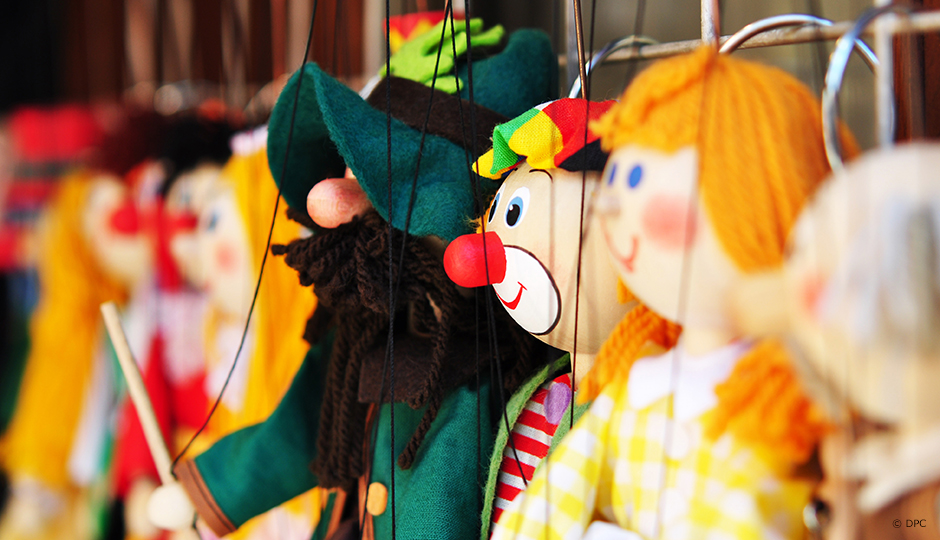Laurent Turcot, a researcher in the Department of History at Université du Québec à Trois-Rivières, has studied the history of leisure in Montréal and Québec City in the 17th and 18th centuries.
He examined the development of activities relating to theatres, public promenades, cabarets and balls. His research documents the appearance of businesses dedicated to offering sociability-oriented products such as taverns, theatres and fairs in the 17th century.
A link was thus created between recreation and the economy.
This trend continued and strengthened over the years, as establishments tended to specialize and better define their services. In the 18th century, recreation activities began to be supported directly by individuals as government abandoned its role of patron of the arts and culture. A link was thus created between recreation and the economy. In classical economics fashion, a demand for recreation by a public able to pay for it gave rise to a supply of services by entrepreneurs.
This historic moment marked both the birth of a new recreation economy and the creation of a community identity. In addition to providing a clearer understanding of the history of leisure and its impact on the evolution of Québec society, Turcot's work has made it possible to describe the cultural context that framed the emergence of Canadian literature from the 17th to the 19th century.
These findings have been the subject of a number of academic papers published in journals such as Revue d'histoire intellectuelle et culturelle and Revue d'histoire de l'Amérique française, and several book chapters. They have also been presented at conferences in Québec and the rest of Canada and in France.




